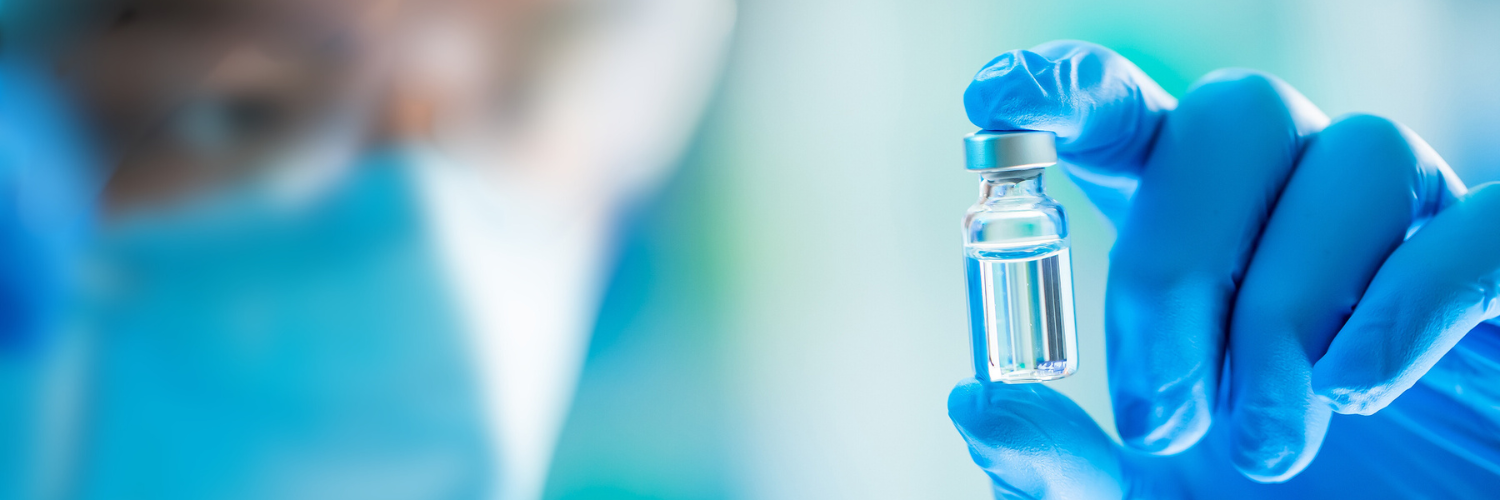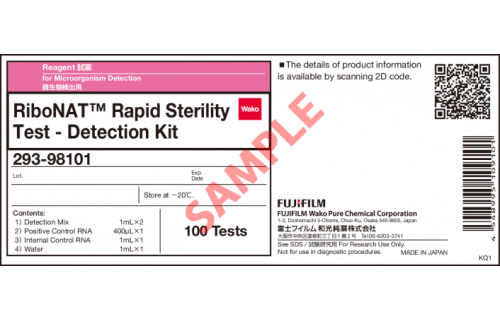RiboNAT Rapid Sterility Test
Maximize your sterility testing and reduce at-risk drug and therapy delivery with a rapid detection solution.
Traditional sterility tests often require a multi-day incubation period, which can delay lead times and increase at-risk drug and therapy delivery. Because of this, developing an alternative test method that maintains the accuracy of a traditional test while reducing the turnaround has been a major goal in drug and therapy manufacturing.
The RiboNAT Rapid Sterility Test meets the growing need for same-day testing without compromising efficacy. Utilizing the Nucleic Acid Amplification Test method, RiboNAT can accurately detect a wide range of bacteria and fungi in a fraction of the time.
Deliver accurate results in just 7 hours.
RiboNAT Rapid Sterility Test streamlines standard sterility testing methods and improves delivery of medicines with a short shelf-life. Reducing waste and improving patient safety.
Figure 1. In the USP <71> Sterility Tests and Ph. Eur 2.6.1 Sterility, a 14-day incubation period is required. Regarding rapid test methods, the USP <1071> Rapid Microbial Tests and Ph. Eur. 5.1.6 Alternative Methods for Control allow for the use of rapid methods as alternatives and outlines important considerations for rapid tests.
Reduce false positives when using RiboNAT Rapid Sterilty Test
Conventional NAT methods can produce false positives due to residual DNA derived from dead microorganisms. When testing for the same species of microorganisms from the same sterile sample as a traditional DNA detection kit, RiboNAT delivered more reliable results. 
Tested microorganisms with our kit
| Strain names | Strain No. |
| Aspergillus brasiliensis | ATCC 16404 |
| Bacillus subtilis subsp spizizenii | ATCC 6633 |
| Candida albicans | ATCC 10231 |
| Clostridium sporogenes | ATCC 11437 |
| Pseudomonas aeruginosa | ATCC 9027 |
| Staphylococcus aureus | ATCC 6538 |
RiboNAT™ Rapid Sterility Test User’s Guide






